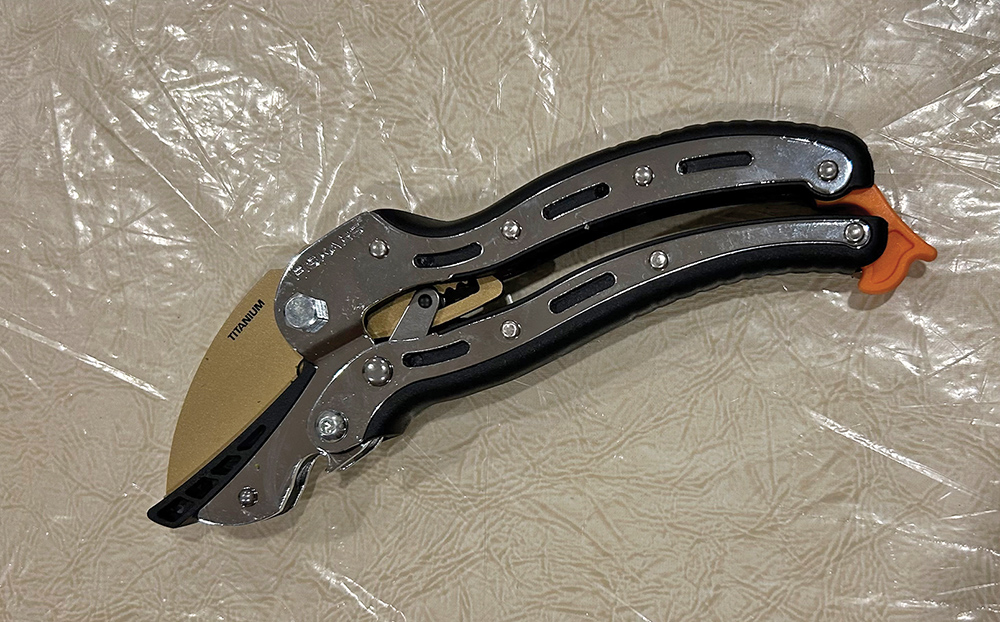One of the things I’ve learned from my friend Norman (not his real name) is the value of being proactive, and maybe even a bit zealous, in improving the common areas of our neighborhoods.
Norm noticed that the path an older friend took to his house when visiting for a Shabbat or holiday meal, was obstructed at various points by tree branches that homeowners had neglected to trim. Norm was concerned that these branches could pose a hazard to our friend, especially at night, and could lead her to trip or get scratches or other injuries.
So Norm being Norm, he decided to take action. He got himself a strong branch clipper and walked up and down the path our friend was likely to take to his house, trimming trees as he went.
When he related this story to me, I chuckled to myself because as I know him, Norm is a force of nature. Once he is convinced that something needs to be done, he goes forward. He does not write a strong email and then wait for borough officials to add it to their work plan; he does not launch a campaign to convince the neighbors to take care of the problem themselves. No, he goes ahead and does the thing himself.

This approach certainly gets results. But it does not always endear him to all of his neighbors.
As he told me, some were not terribly pleased that he clipped “their” trees, even if they did pose a problem. One individual called the Highland Park Police Department, and this prompted an officer to visit Norm at his house.
Norm being Norm, he told the officer that there are municipal regulations that stipulate that homeowners must clear the areas by the sidewalks of any obstructions, and these regulations were being neglected by a few homeowners, so he was completely justified in his actions. And—why am I not surprised?—the police officer agreed with him and left.
As with many stories that Norm tells me, it seems that his resolute stick-to-it-ivness and the sheer force of his convictions have the power to push past opposition and get results in ways that I, preferring quiet diplomacy, could not predict. I’m both bewildered and in awe of how Norm makes some things happen.
After he told me this story, I started to notice poorly trimmed trees on my weekend walks, including one in front of my own house, and I decided that I wanted to follow Norm’s lead. I told him that I was thinking of joining his do-it-yourself club. And what did he do? He got me the same strong and portable hand-held tree clipper he uses.
With some quiet glee, I’ve started using it. I delight in the results.
This led me to think about the fact that the directive “do not separate yourself from the community” in Pirkei Avot is actually stated two times—Hillel says it in 2:5, and Rabbi Zadoq says it again in 4:7. Why does the same idea appear twice?
As I understand, the most common explanation of this exhortation is that we should not live as hermits but must find a faith community where we can worship together, learn together, and look out for each other.
I wonder if the second instance of this maxim is teaching us something related, but different. And that instruction might be that it is improper to ignore the needs in the public square, wherever you live, even if others are content to do so.
There is room in the world God created for each of us to be a leader in some area of public service or neighborhood improvement, however big or small, even if we end up doing it alone. If our paths lead us to a problem we can help solve or alleviate, then we should do something.
And that is an insight I got from my friend Norm.
Harry Glazer is the Middlesex community editor for The Jewish Link and he has a bunch of interesting friends. He can be reached at harryglazer615@gmail.com









